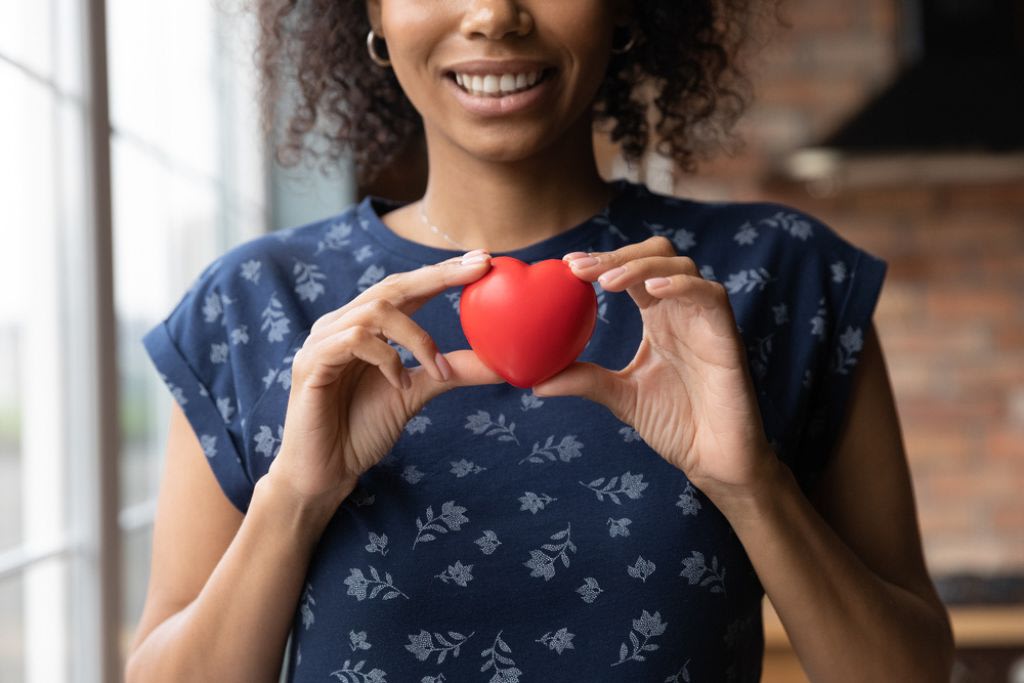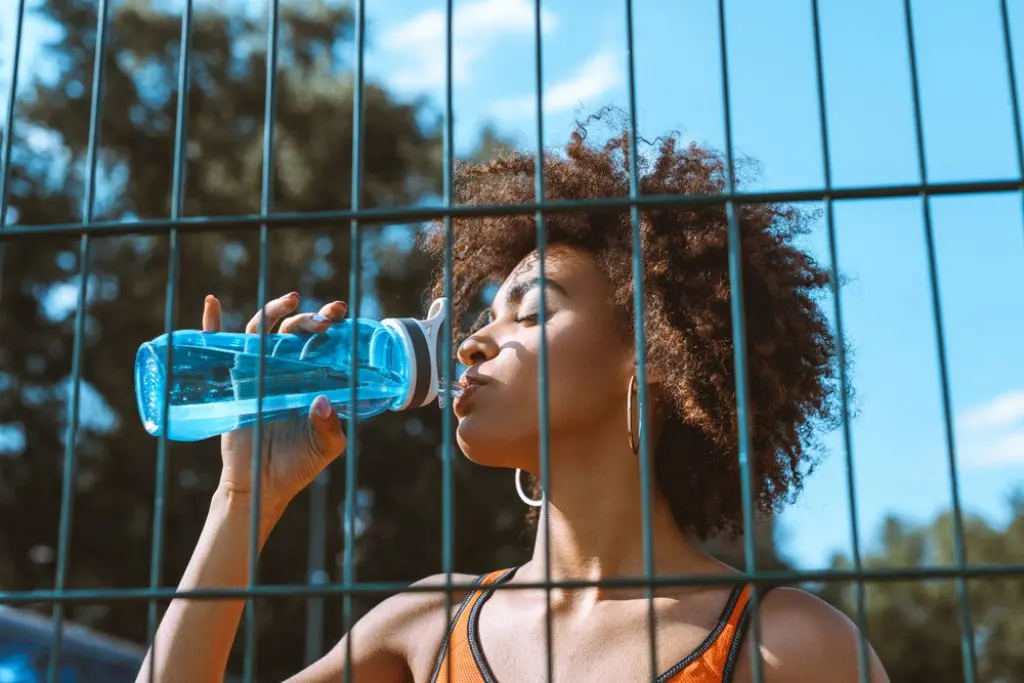Can You Work Out After Giving Blood?

June 13, 2023

There are many amazing reasons to look after your health, but one that doesn’t tend to spring to mind first is your ability to give blood.
June 14 is World Blood Donor Day, a day that serves to raise awareness of the need for blood donations and to thank those who volunteer to give life-saving donations of blood each year, and as a brand that champions health, wellness and the power of community, this cause is close to our hearts here at Sweat.
A regular supply of blood donations is needed worldwide for many different conditions and circumstances, such as complications during pregnancy or childbirth, cancer patients, accident victims, surgeries, and those with severe anaemia. Want to know just how critical your blood donation is? In the US, someone needs donated blood every two seconds.
According to the World Health Organisation, donating blood can save a life (or multiple lives if your blood is separated into its components for different patients!), but because blood can only be stored for a limited period of time, a regular supply of donations is essential.
Some people are unable to donate due to being pregnant or breastfeeding, unwell, anaemic, having health conditions or taking certain medications, but if you’re eligible, healthy and well, giving blood is an incredible way to give back to the community.
Donating blood can mean you may need to make a few changes to your nutrition or workout schedule, or simply be more mindful of how your body is feeling. Here’s everything you need to know.

Before you donate blood
In preparation for your blood donation, the Australian Red Cross says one of the most important things you can do the day before is drink lots of fluids (that’s 10 glasses of water for men and eight for women) and have plenty to eat. The NHS says eating well helps to keep your blood sugar levels stable and prevents dizziness afterwards, and hydration is key as almost half of your blood is made up of water.
When it comes to pre-donation nutrition, avoiding fried or overly fatty foods is recommended, as this can interfere with plasma collection and lab testing.
You’ll also want to have a good night’s sleep to support your energy levels and overall sense of wellness as much as possible for your donation.
In the hours leading up to your appointment, avoid strenuous exercise (leave the heavy lifting and burpees for another day), drink another 500-750mL of water and have something savoury to eat.
If you’re committed to your workout routine and don’t want to make adjustments to your schedule, you might want to consider booking your appointment for a rest day or a day where you’re only doing low-intensity exercise - more on this later.
After you donate blood
Firstly, you should feel on top of the world and give yourself a pat on the back! You’ve just done something that has the power to save lives in your community.
Donating blood usually ends with a complimentary snack, beverage and monitored rest at the donation facility to make sure you’re feeling ok. The rest of your day should then be spent replenishing your fluids with plenty of water, eating regular meals and taking it easy as your body recovers.
This might mean sitting down more than usual, staying out of the heat, and definitely avoiding intense exercise or heavy lifting for 12-24 hours. What happens if you exercise after giving blood? Basically, you’re more likely to experience dizziness, fatigue or feeling faint (a recipe for injury), as well as increasing the risk of bleeding, bruising or soreness. While light exercise is fine, if you feel lightheaded or faint at any point, the American Red Cross says to stop and sit or lie down until you feel better.
Alongside drinking plenty of fluids and foods with high water content, trying to eat more iron-rich foods after your appointment (and in general!) is also a great idea to top up your iron stores, especially if you plan on donating regularly. The National Institute of Health says that all blood donors should make an effort to eat foods rich in iron and vitamin C, such as lean meat, fortified cereals, beans, tofu, eggs and greens.

Will donating blood affect your workouts or fitness?
According to the National Academy of Sports Medicine and the American Red Cross, the three components of blood regenerate at different speeds, with plasma recovering first in about 24 hours, platelets next within 72 hours, and red blood cells the slowest - taking four to six weeks to fully regenerate. This is why if you’re a regular blood donor, you need to wait at least eight weeks between donations.
As 2016 research has pointed out, for most people this just means reductions in haemoglobin levels, VO2 max and maximum exercise capacity in the first two days after donation.
However, because your red blood cells deliver oxygen to your muscles and support your overall aerobic capacity, metabolism and VO2 max, this recovery time can mean your VO2 max is decreased for a longer period until your pre-donation levels of red blood cells are restored.
2011 research demonstrated that aerobic power can be decreased for up to three weeks after donating blood, so if you’re training for an event or trying to hit specific fitness goals within a set time period, these effects may be something to factor in when booking your next donation date.
If you’re finding your aerobic fitness has taken a knock after giving blood, be gentle with yourself, build your exercise routine up again gradually and make sure you’re getting enough rest to avoid fatiguing yourself further.
Whether you donate blood once in your life or are a regular donor, it’s a generous way to help those in need in your community, save lives and be thankful for the healthy body you have!
Remember to take care of yourself before and after your donation appointment, take it easy, nourish your body, and give yourself as much time as you need to resume your usual workout routine if you’re not feeling up to it.

A more empowered you starts with Sweat, and our editorial team is here to bring you the latest fitness tips, trainer recommendations, wellbeing news, nutritional advice, nourishing recipes and free workouts.
* Disclaimer: This blog post is not intended to replace the advice of a medical professional. The above information should not be used to diagnose, treat, or prevent any disease or medical condition. Please consult your doctor before making any changes to your diet, sleep methods, daily activity, or fitness routine. Sweat assumes no responsibility for any personal injury or damage sustained by any recommendations, opinions, or advice given in this article.
Wellbeing